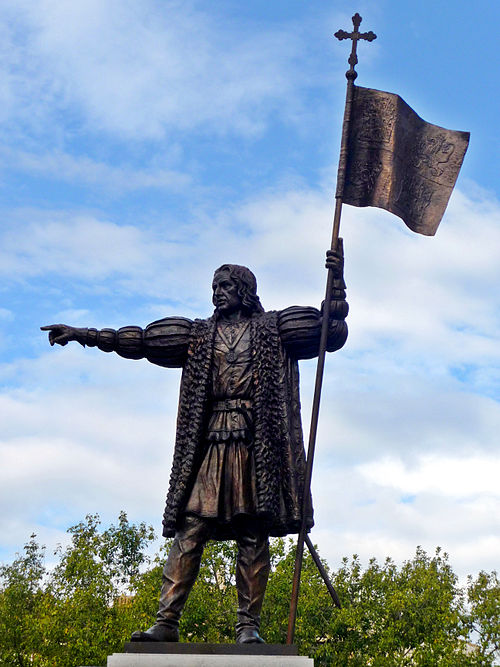
During his first voyage to the New World in 1492, the famous explorer Christopher Columbus recorded in his journal an strange and unexplained phenomenon: the appearance of mysterious lights in the night sky above the Atlantic Ocean.
On October 11, 1492, just hours before his crew shouted "Land!" at the sight of the Bahamas coastline, Columbus wrote that he observed "a light" in the distance. He described this phenomenon as "a small wax candle that rose and lifted up." The explorer claims to have called two of his officers to witness it, but only one of them was allegedly able to see it.
This intriguing observation has since been the subject of much speculation. Some historians believe it could simply have been campfires lit by island inhabitants. Others suggest natural phenomena such as heat lightning or meteors. The more imaginative have even proposed that it could have been a UFO, although this hypothesis is generally rejected by the scientific community.
Whatever the explanation, this episode adds a touch of mystery to Columbus's already historic voyage. It also illustrates the fascination that unexplained celestial phenomena have always held for explorers and sailors throughout the centuries.
This anecdote, though brief in Columbus's account, continues to fuel debates and questions, testifying to the enduring appeal that the mysteries of our world hold for human imagination.
Sources
U.F.O. - 17/07/2024 - Rael2012 - 
